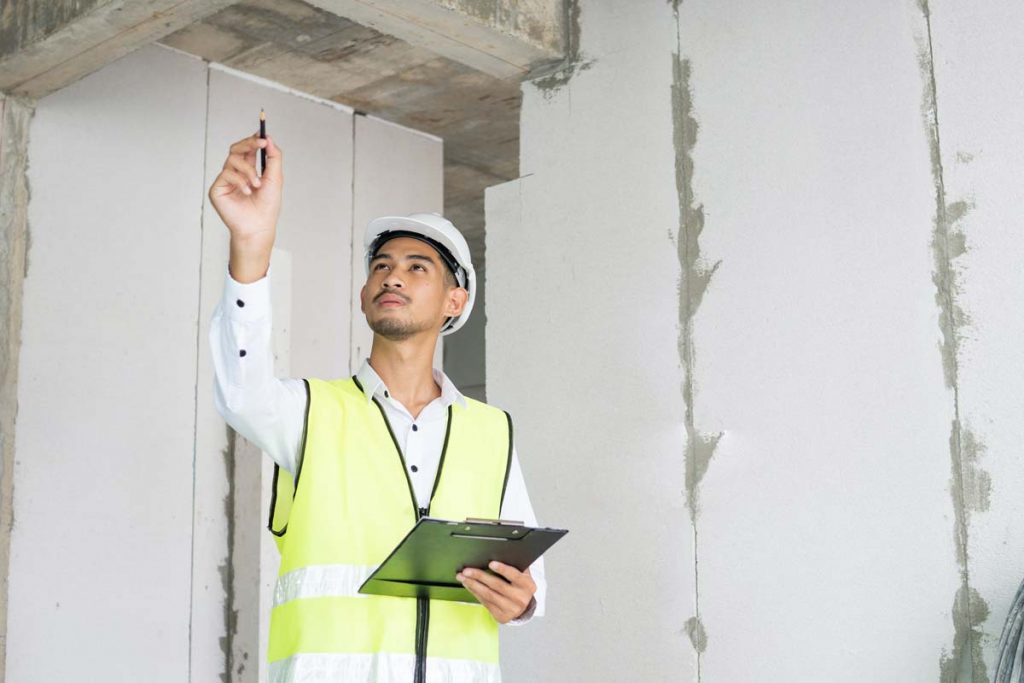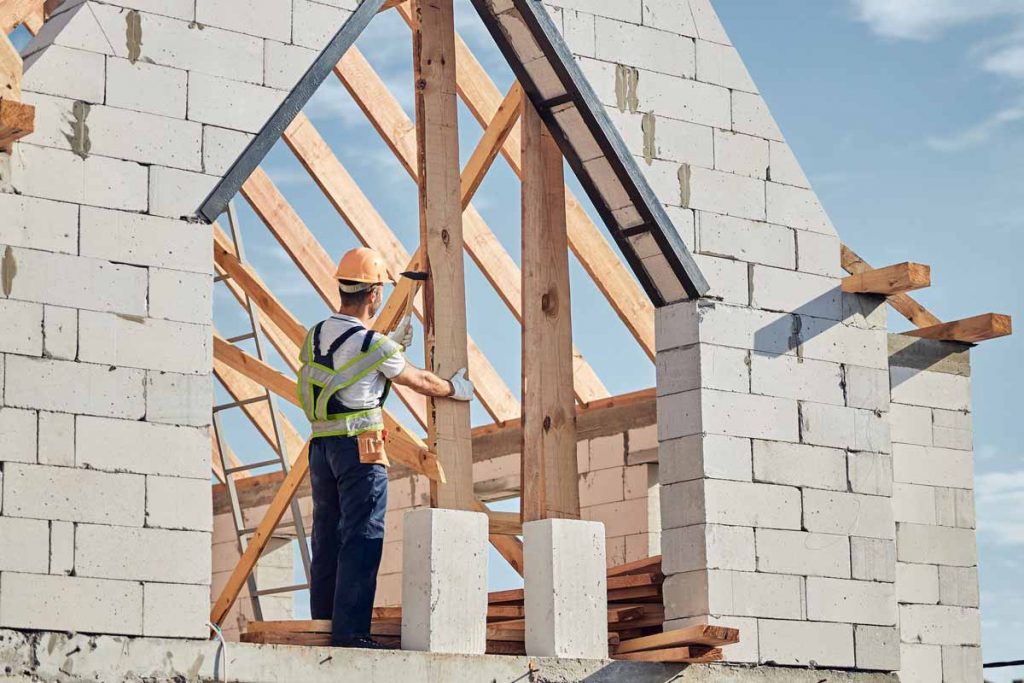Building Inspections – Why and When?
Building inspections are your defence against undiscovered problems when purchasing real estate, which is a substantial investment. Learn when and why a professional inspection is appropriate before signing the contract. A milestone that is filled with joy and anticipation is buying a home. But beneath the surface, there can be issues that only a skilled eye can spot. This is where building inspections come into play—a key stage in the purchasing of real estate that can protect you from unforeseen problems in the future.
Uncovering Hidden Problems
Inspections of buildings are intended to find flaws and other issues that might not be immediately apparent. A skilled inspector can spot problems with roofing, plumbing, electrical systems, and structural integrity. You acquire a comprehensive idea of the property’s condition and what upkeep or repairs may be required by exposing these concealed issues. A pre-buy building inspection is highly advised before making a final decision on a property acquisition. Normally, this examination is carried out after you’ve submitted an offer but before the deal is finalised. It ensures that you’re making a decision based on the real state of the property. You can bargain for fixes or price reductions if any substantial problems are found.
Inspections after construction
The only people who can get a building inspected are buyers. Consider hiring an inspector at various points in the construction process if you are having a property specifically built for you. Any errors, oversights, or flaws can be found during these post-construction inspections before they turn into expensive issues down the road. This proactive strategy makes sure the final product satisfies quality requirements.
Structural Integrity Recognition
Evaluating the structure of the building is one of the most important components of a building inspection. This entails looking for indications of load-bearing concerns, foundation issues, and potential safety dangers. For your safety and long-term investment, a property’s structural soundness must be guaranteed. Inspections of buildings give buyers insight. With a thorough inspection report in hand, you are prepared to make choices. If the quality of the property doesn’t fit your standards, you can securely move forth with the purchase, renegotiate the terms, or even opt to walk away.


Updates and Regular Communication
It is essential to communicate clearly with your builder. You may stay informed and take care of any problems right away with regular updates on the construction’s progress. Keep the lines of communication open to make sure the project is moving forwards and meeting your expectations. The lifespan and durability of your home are investments that may be made by choosing high-quality materials. Cutting costs on materials could lead to future maintenance problems. Choose materials with your builder that strike a balance between aesthetics, robustness, and sustainability.
Avoiding excessive design and engineering
It’s normal to desire the best for your ideal home, but going overboard with the engineering and design can result in extra expenses. Be mindful about striking a balance between practicality and luxury. Choose styles and accoutrements that improve your quality of life without going over budget. Regular inspections are necessary during the construction process to identify any problems early on. Inspections assist in ensuring that the work is completed correctly and in accordance with the design, from the foundation through the framing to the finishing. Don’t overlook these necessary checkpoints.
Conclusion
Building inspections are an essential component of any real estate transaction, not just an optional extra. You can find hidden problems, identify potential hazards, and make wise decisions by spending money on a professional assessment. The knowledge you acquire from a building inspection can help you avoid expensive surprises and enable a smoother transition to home ownership whether you’re buying an existing house or developing a new one. Don’t skip over this crucial stage if you want to get your dream house.




